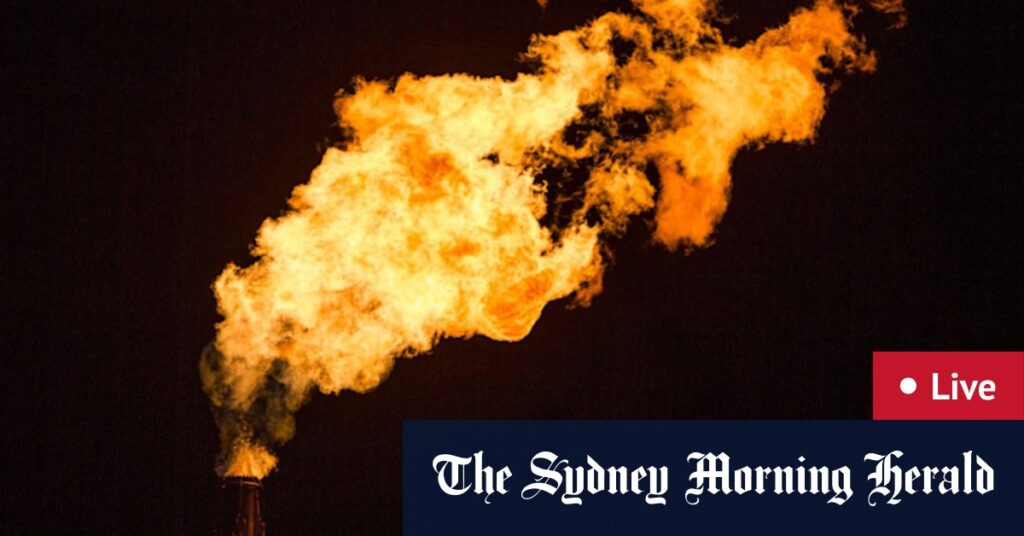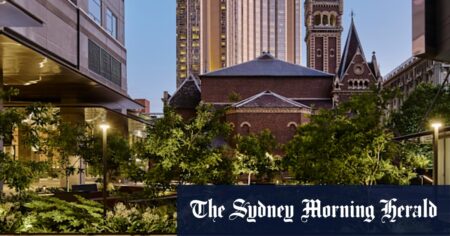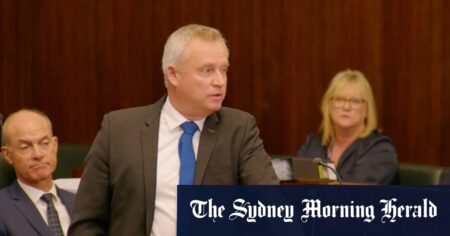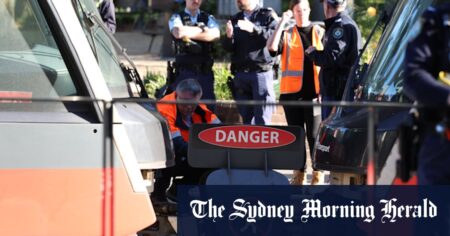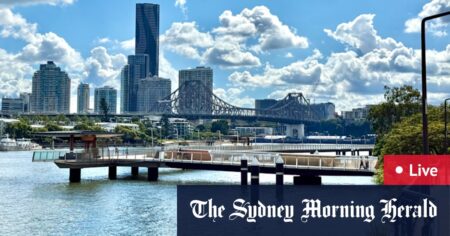Western Australia’s carbon emissions continue to rise, according to the latest data from Australia’s national greenhouse accounts.
According to the data for 2023 – the latest available – WA pumped 89.37 million tonnes of greenhouse gases into the atmosphere in that year.
WA’s emissions are rising.
More than 90 per cent of those emissions comes from the burning of fossil fuels across sectors including electricity generation, the oil and gas sector and transport.
WA’s figure is nearly equal to the state’s worst year in history 2010 when it emitted 89.64 million tonnes of pollution and represents a continued rise in the state’s emmissions after recording 85.97 million tonnes in 2022.
Nationally, Australia’s emissions have also edged slightly higher from 397.06 million tonnes to 397.98 million tonnes, driven by WA’s increase as well as increases in New South Wales and Queensland.
WA Greens leader Brad Pettitt said the data reinforced what we already knew; Western Australia is the climate change capital of Australia.
“WA’s emissions have continued to rise under Labor in the critical decade for climate action, peaking again in 2023 at 89 million tonnes, equal to their all-time high in 2019 and almost 17 per cent above 2005 levels,” he said.
”What’s even more concerning is that WA’s emissions are set to continue rising to 2030 and maybe even beyond because the Cook Labor government has no serious plan to decarbonise our economy.
“This decade – between now and 2030 – is when we need to substantially reduce emissions if we are to keep warming under 1.5 degrees. The Cook Labor government is abjectly failing on this key global commitment.”
Premier Roger Cook has in the past acknowledged WA’s emmissions would likely rise over the next decade or so because of the state’s continued path of approving fossil fuel projects, which he said would help decarbonise other nations.
“I obviously speak to the gas companies, I speak to their customers, and their customers have said very clearly…‘we want to get from 39 per cent profile of coal-fired power in our grid down to 19 per cent. The only way we can do that is by utilising gas’,” he said.
The data comes as environmental groups ramp up their protests over the Commonwealth’s decision last week to approve the 40-year extension of the North West Shelf gas project.
The Conservation Council of WA is holding a snap protest outside the Commonwealth government offices while the Prime Minister Anthony Albanese is in Perth for a cabinet meeting.
“At the recent election, Australians voted for climate action. They did not vote for Peter Dutton’s ‘bucket loads of gas’ and a fast-tracked approval for the North West Shelf,” CCWA director Matt Roberts said.
“Labor’s mandate does not extend to paving the way for more gas and climate chaos or a reckless approval for the North West Shelf.”
Read the full article here






